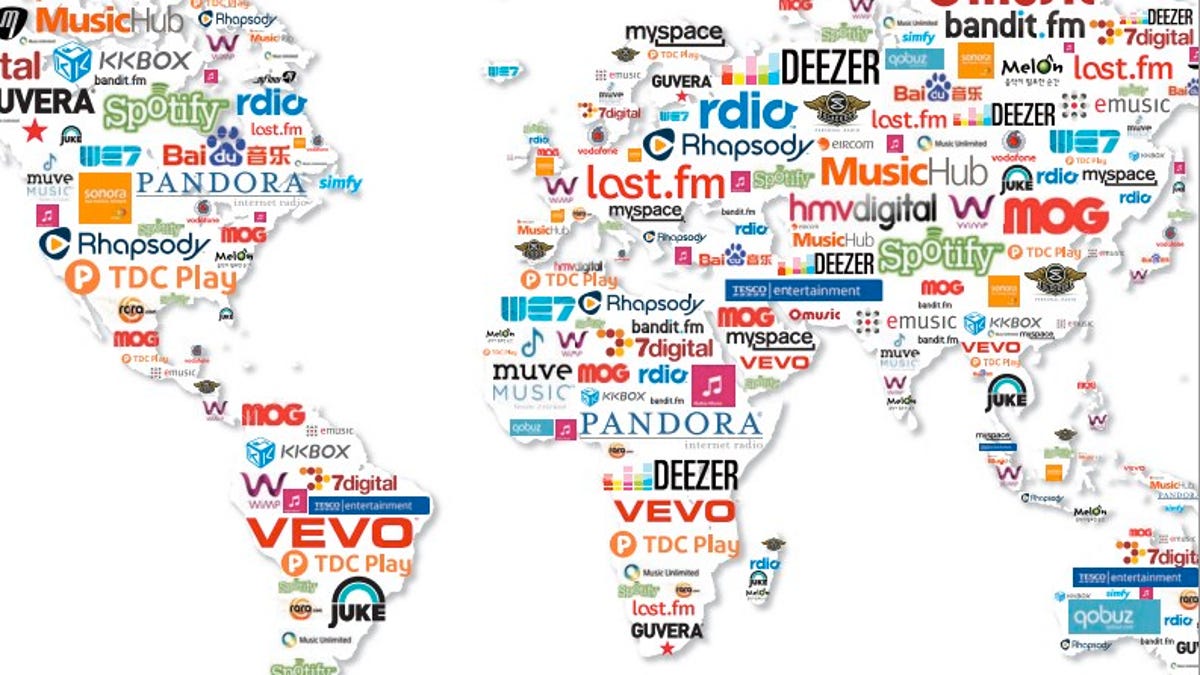Global music group isn't backing down on piracy
The RIAA's overseas equivalent releases a report outlining steps the industry should take to keep up the fight against piracy.

With the Stop Online Piracy Act on hold in the U.S. Congress, one might expect the international music industry to lay low for a bit. Think again.
The International Federation of the Phonographic Industry--the overseas equivalent of the Recording Industry Association of America--released this week a far-reaching report on the state of the digital music industry. In the report (PDF), the IFPI sounds off on piracy, asserting that 28 percent of all Internet users access "unauthorized services on a monthly basis" to download content.
"You cannot play down the significance of piracy," Universal Music Global Digital Business President Rob Wells said in the IFPI report. "Spain, which should be the powerhouse of repertoire for Latin America and the U.S. Latin market, is effectively a dead market. Yet in South Korea, where we have new anti-piracy laws, the market is surging and now spreading its repertoire far beyond its own borders."
Given that, it's no surprise that the music industry supported the Stop Online Piracy Act (SOPA) and the Protect IP Act (PIPA) over the last several months. The bills were designed to stop online piracy by giving U.S. law enforcement officials the ability to work with Internet service providers and take down allegedly infringing Web sites. Critics, however, said that the bills went too far and would violate consumer rights. There was also concern that the bills would harm legitimate sites.
After major online companies, including Google and Wikipedia, held simultaneous protests last week, both bills were set aside--for now, at least.
"It is clear that we need to revisit the approach on how best to address the problem of foreign thieves that steal and sell American inventions and products," U.S. Rep. Lamar Smith (R-Texas) said in a statement last week, adding that he and his colleagues take critics' concerns "seriously."
The IFPI's new report offers its own suggestions for fighting online piracy:
- First, IFPI believes copyright holders and ISPs should work together to develop a "graduated response." The process would include copyright holders monitoring IP addresses that are uploading content to peer-to-peer (P2P) sites, and then contacting ISPs to inform them that they must contact the allegedly infringing consumer to warn them that they should use legal services. If consumers continue using illegal services, IFPI says, ISPs should explain to them that they could face "penalty or sanction."
The music industry has always been outspoken on piracy. And even as its calls for change grow louder, it's seeing more value in digital music than ever. In fact, IFPI says the industry generated $5.2 billion in digital music revenue last year, jumping 8 percent compared with 2010. In the U.S. alone, digital album sales growth was up 19 percent last year.

